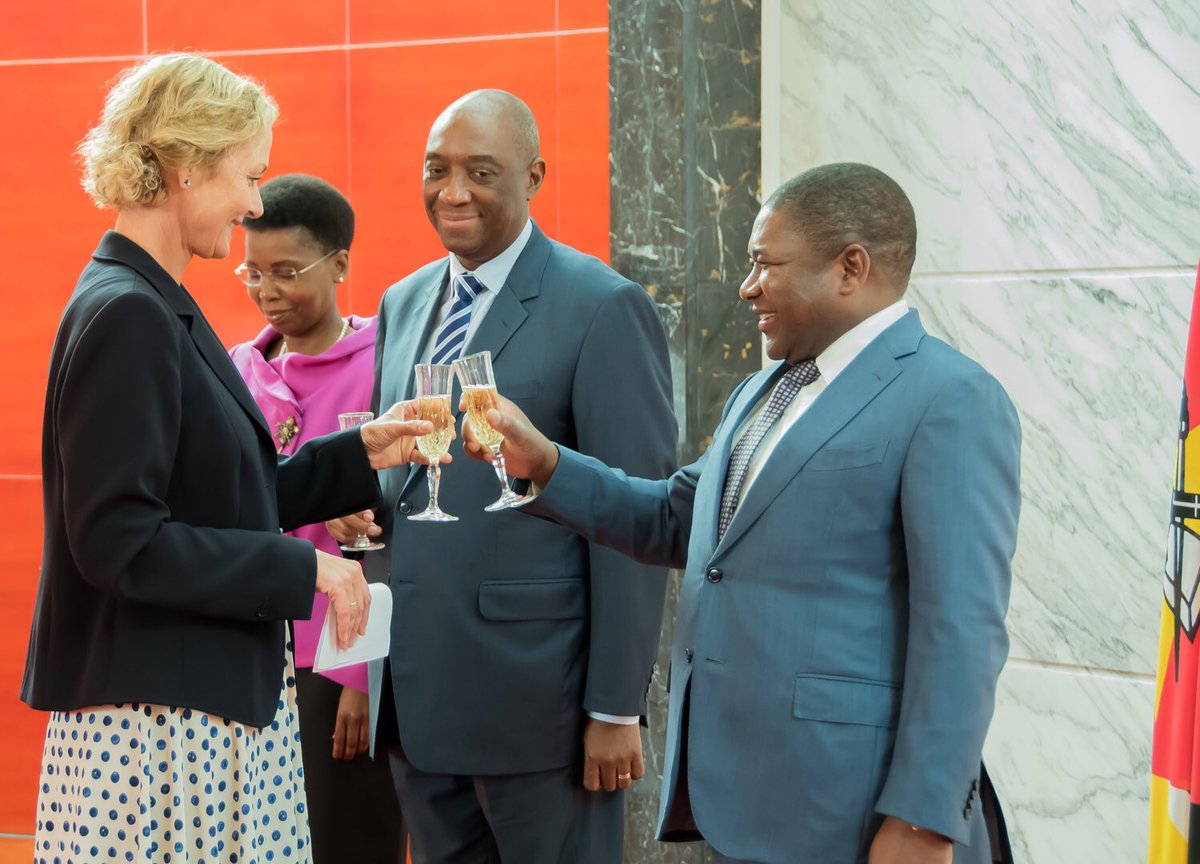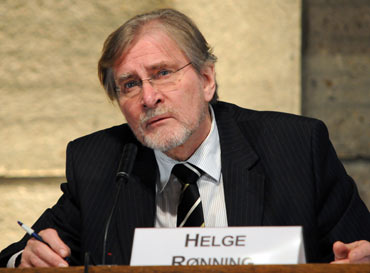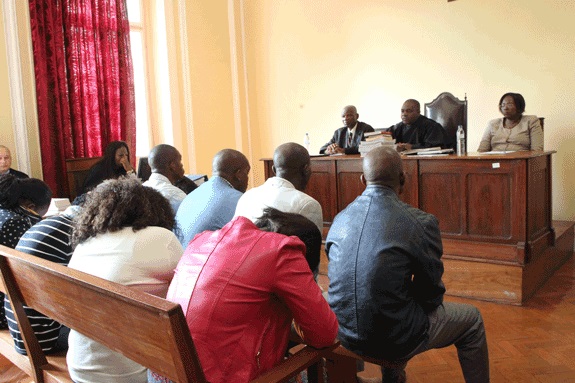A recent court
case in London on Ukraine debt raised issues very similar to those of the
secret Mozambican debt, and suggest that Mozambique could make the case that at
least part of the debt is illegitimate and should not be repaid. The ruling was
made in the High Court on 29 March by Sir William Blair, brother of former
prime minister Tony Blair. It is extremely complex and the full text of the
ruling is on https://www.judiciary.gov.uk/judgments/law-debenture-v-ukraine/.
The case involves Ukraine's refusal to pay a $3 bn Eurobond organised by the
Russian bank VTB, in which Russia bought all the bonds. The bonds, as with
Mozambique, are covered by English law. In an identical situation to
Mozambique, Ukraine argued that the Finance Minister agreed the loan without it
being approved by parliament as required by the constitution. Mr Justice Blair
noted that there are no precedents and this seems to be the first case of its kind.
Mr Justice Blair ruled against Ukraine, saying that a state has the capacity to
borrow, "the Minister of Finance plainly had usual authority to enter into
the transaction on behalf of Ukraine", and that the lenders had no reason
to suspect that the loan was improper.On the surface, this would seem to go
against a possible Mozambican case.
 But Mr Justice Blair also says that
"it is important to emphasise that this result does not imply that a
failure to follow domestic rules as to borrowing by a state such as those
identified in the case of Ukraine is legally irrelevant as a matter of English
law. Such failure may of course be relevant." Furthermore, the decision
was based on the conditions of the Ukraine loan which were explicitly opposite
to those of Mozambique. The loan was to the government and was approved by the
cabinet, there has been many similar loans, the government of Ukraine received
the money and it was included in foreign currency accounts of the Treasury as
posted on its website, interest payments were made, and it was never stated
that the loan was improper.The opposite of these conditions apply to
Mozambique. The loans were to private companies and not the state, were not
approved by the Council of Ministers, none of the money entered Mozambique, it
was never included in any state accounts, and all statements by public
authorities (parliament, Tribunal Administrativo) said the loan was illegal and
unconstitutional. The secrecy of the loan meant that lender had no public
statements to believe in the legality and should have done their own
investigation.Thus, even though Ukraine lost its case, Mozambique could use
this case and Mr Justice Blair's statement that failure to follow domestic
rules is relevant, to make the case that at least the MAM and ProIndicus
syndicated loans are illegitimate and should not be paid.As with the Ukraine
case, it is up to the lender to bring a legal action in London, and it appears
that there is a significant chance that the lenders would lose. This could give
a major boost to Mozambique in any renegotiation of the loans. ( jh)
But Mr Justice Blair also says that
"it is important to emphasise that this result does not imply that a
failure to follow domestic rules as to borrowing by a state such as those
identified in the case of Ukraine is legally irrelevant as a matter of English
law. Such failure may of course be relevant." Furthermore, the decision
was based on the conditions of the Ukraine loan which were explicitly opposite
to those of Mozambique. The loan was to the government and was approved by the
cabinet, there has been many similar loans, the government of Ukraine received
the money and it was included in foreign currency accounts of the Treasury as
posted on its website, interest payments were made, and it was never stated
that the loan was improper.The opposite of these conditions apply to
Mozambique. The loans were to private companies and not the state, were not
approved by the Council of Ministers, none of the money entered Mozambique, it
was never included in any state accounts, and all statements by public
authorities (parliament, Tribunal Administrativo) said the loan was illegal and
unconstitutional. The secrecy of the loan meant that lender had no public
statements to believe in the legality and should have done their own
investigation.Thus, even though Ukraine lost its case, Mozambique could use
this case and Mr Justice Blair's statement that failure to follow domestic
rules is relevant, to make the case that at least the MAM and ProIndicus
syndicated loans are illegitimate and should not be paid.As with the Ukraine
case, it is up to the lender to bring a legal action in London, and it appears
that there is a significant chance that the lenders would lose. This could give
a major boost to Mozambique in any renegotiation of the loans. ( jh)











